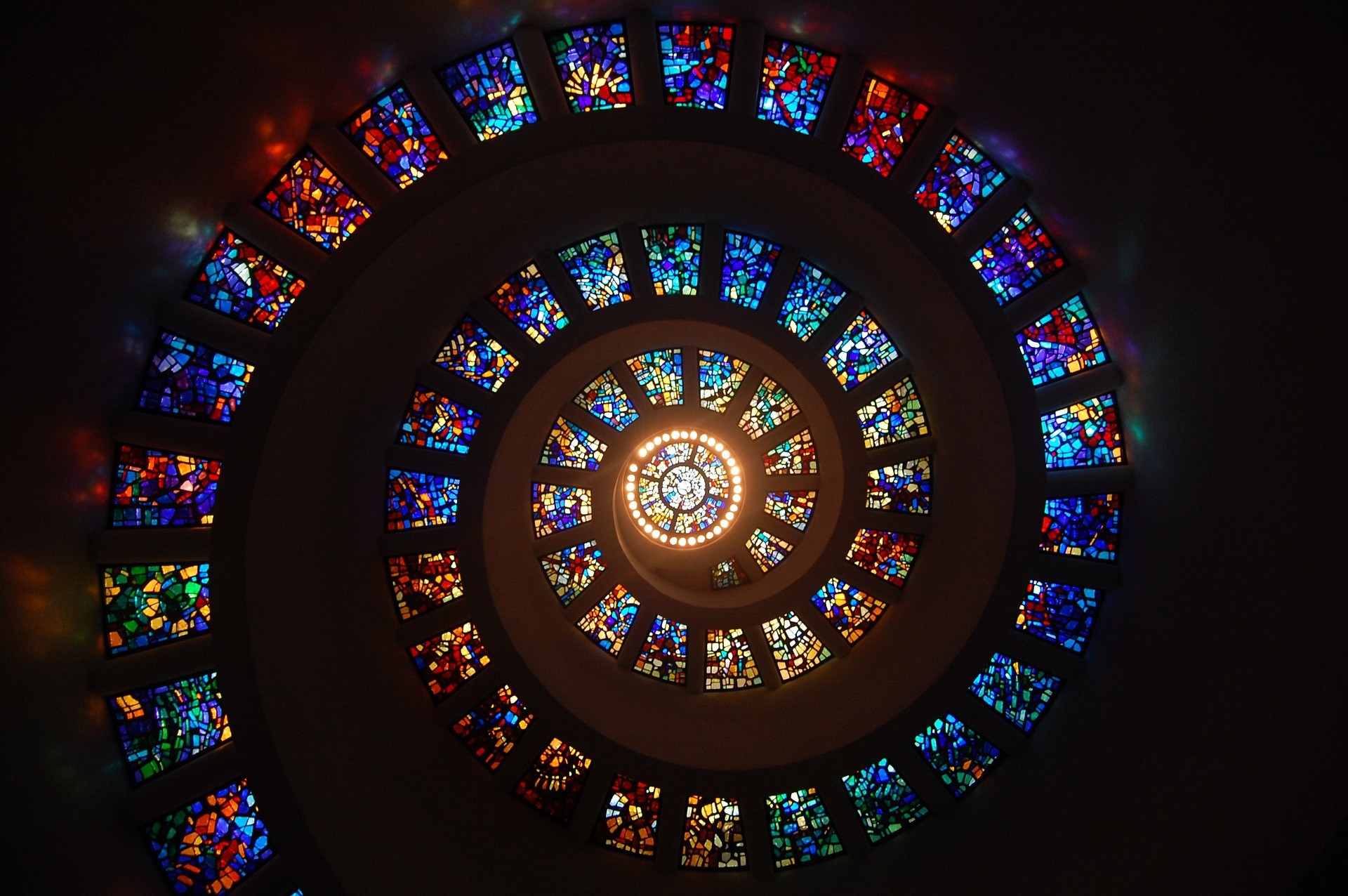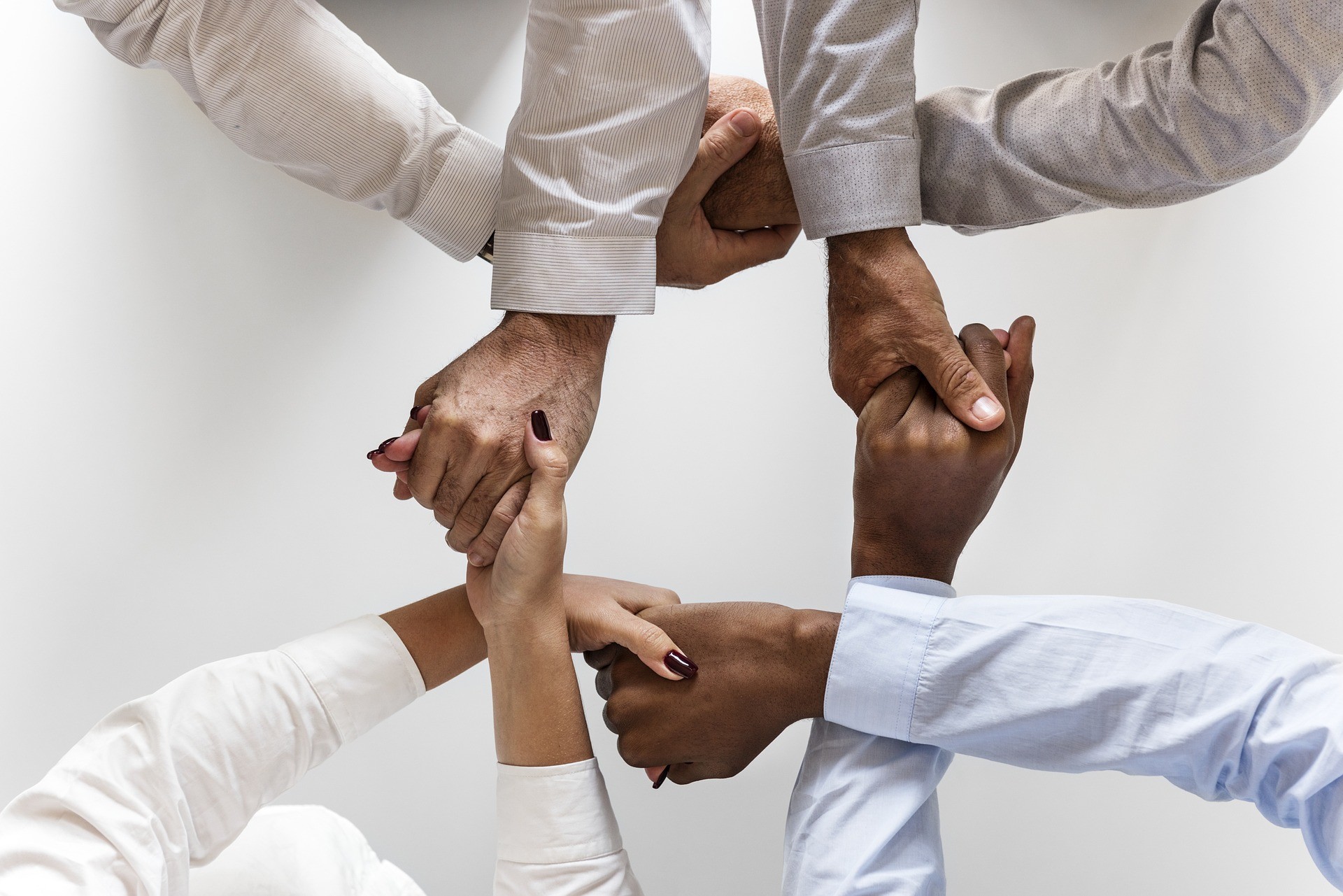
It may seem like our days are a flood of communication – emails, text messages, social media posts, cell phone calls, voice messages, websites, internet discussion threads, podcasts, television, radio, streaming news, and more. After all, even this very post is an attempt at communication.
Yet, how often do we think of these communication elements as an on-going thread of communication in which we are trying to better understand the perspectives, stances, and inclinations of those who’s views differ from our own?
The Increasing Need for Curious Communication to Overcome Conflict
Much has been written about the concerns that the Internet allows us to pick up on our own “echo chambers” of news feeds, websites, and online friends, in order to match our preferences and passions in life. Part of being human is wanting to feel as if our own world views are correct – it would introduce a lot of stress to our already busy days to have a crisis over beliefs and insights on a daily basis.
Yet, how often do we as individuals, proactively seek on-going communication with curiosity to expand beyond what we already believe to be true about the world?
Two weeks ago I posted about concerns of “Growing Friction Among Societies and What We Can Do About It” – and I referenced a quote attributed to President Lincoln of “I don’t like that man, I must get to know him better”. If we only take the time to get to know people we like, find caring, and supportive of our world views, than we reinforce the age-old human paradigm of “us vs. them”, and miss the opportunity to have compassion, or insight into people that we may not agree with in principle at first glance. It is easy to be judgemental.
As an estimate, I’d be willing to guess that some form of the 80/20 rule applies to most human communications, and so consequently 80% of divisions and separations between different groups of people around the world are rooted in miscommunications.
There may be differences in the specifics, but being aware, seeing, and experiencing a world gives us all a commonality, and can unite us as a global community in ways more subtle than we realise.
1. Listen with Curiosity, Seek to Understand
An open question for all of us is how to proactively seek out communications with others with a commitment to curiosity, listening. and understanding – particularly when those ‘others’ are presenting a different world view.
In practice, this can often be hard because when we first start to listen to the person they may say or characterize something that goes against our own views of the world, or challenges our own moral beliefs. We may experience a mental knee-jerk reaction in defence: our existing view of the world relative to the views of the other person.
When this happens, the mantra “Seek to listen, before being listened to”, goes a long way, as does and the corollary “Seek to understand, before being understood”.
In this fast-paced world with high-density communication streams, the sheer information overload might push us to feel as if we do not have enough time to invest in learning about others, or understanding them better. This, I think, is where we need to be extremely intentional about taking the time to listen.
I’m not saying that we stop everything and devote countless hours of the day, but we do need to take a proactive view.
2. Avoid Reducing Issues into Binary Positions
In the world of heightened emotions and tensions about the state of the world and potential “hot button” political issues, it is easy to reduce the complexity of topics into simple “us vs. them”- internally presuming you’re either on this side, or the opposite.
In reality, rarely is anything binary in the actual messy milieu of daily living, sense making, and interacting with other humans.
One example, of the challenge of attempting to divide the milieu of human interactions in to simple right vs. wrong categories is that most of us agree that life is precious, until it comes a question of someone willing to risk their lives to save the lives of others, like a firefighter or a rescue worker attempting to help people in a potentially collapsing structure. Or, a question of someone willing to undergo a risky procedure, such as a liver donation.
Things get even more complicated if we pose questions about the ‘quality of life’ for individual vs. simply the ‘quantity’.
Another example of the challenge of attempting to divide the milieu of human interactions in to simple right vs. wrong categories: most of us will agree that the truth should always a top priority – until it comes to a question of mercy and kindness in social interactions. Or, when sharing our honest answer would hurt others unnecessarily. Or, put the lives of innocents in danger – such as the efforts of the ten Booms Family who made their Christian home a refuge and hiding place for individuals of the Jewish faith.
If we can recognize that 3,000 years of human efforts at philosophy have yet to find a common paradigm that all humans can adopt (which is not to say that everything is relative; we can still discuss the merits of different philosophies and their impacts on societies) – then we can allow ourselves to not fall into the emotional trap of wanting to reduce any debate into an “us vs. them” argument.
We can strive to seek “third ways” that go beyond the initial stand-off and seek to understand why different sides believe their respective truths so fervently.
3. Walk a Mile In the Other Person’s Shoes
So let’s say we try to be positive #ChangeAgents and have listened with curiosity over a prolonged period of time to polar views, with intent to avoid reducing issues into binary opposition – is that enough to achieve genuine and lasting understanding?
In order to empathise fully, it is beneficial to experience and understand why individuals form world views. Walking a metaphorical mile in someone else’s shoes will ultimately give greater depth and insight into others, their motivations, and beliefs.
Part of walking metaphorical miles in another person’s shoes is the effort to discard stereotypes and attempt to overcome our own biases, shaped by our own subjective life experiences.
We all have these biases, and life shapes them in us from a very early age. When a human child starts to crawl, the “stranger danger” instinct kicks in as the child ventures beyond the protection of their parent or caregiver. As we grow older, as more complex life experiences emerge, so do an array of biases.
Yet these very biases often build walls that impede our ability to understand the perspectives and views of others. To be a postive #ChangeAgent, it is important to reflect and recognize we all have biases – and these biases will often most strongly present themselves in times of emotional stress or conflict – and thus the need to do whatever we can in such tense situations to attempt to walk a mile in someone else’s shoes vs. only walk with our own.
Recap and Closing Thoughts
In a world in which there is increasing conflict among societies, I wonder how much of conflict can be attributed to it being too easy to find other views who support our views through different media forms – so we gravitate into clusters and eventually super-clusters that make it appear like there are only two sides to an issue (ours and those “not of ours”, aka “them”).
In reality, most of life is much more nuanced and complicated than “side 1 vs. side 2”. Our rapidly changing world needs more people willing to seek third, fourth, or even fifth ways of understanding – and bridging – why different sides believe what they believe as true.
For listening with curiosity to translate into understanding, this has to be something we do over a long period of time. In crisis or short-fuse situations this can be challenging.Fortunately not every day is a crisis, and even in these scenarios, there is usually a period of contemplation afterwards – this can be used to listen, communicate, and understand opposing points of view.
Cumulatively, our world needs more positive #ChangeAgents who:
1. Listen with Curiosity, Seek to Understand
2. Avoid Reducing Issues into Binary Positions
3. Walk a Mile In the Other Person’s Shoes
As emphasized, we shouldn’t just do these three activities as a one-shot activity, say for one or two minutes before we turn off the listening part of our brain and either disengage from further attempts to “know” the other person, or try to convince another why we are ‘right’ and they are ‘wrong’. For bridges to be built among societies, we need to be continuously curious – and seek to listen, and expand, beyond binary positions of “side 1 vs. side 2”- walking metaphorical miles in the shoes of others.
The more we seek to understand others, typically, the more we become aware of our own changing and growing perspectives in light of new experiences and evidence.
Consequently, we stand to discover surprising and fresh insights, and develop human connections at a deeper level – all from being open to dialogue with individuals who are expressing opposing points of view.
After all, life is not a straight line. What we can hope however, is that we build and grow diverse and meaningful connections with others along the way – on a direct path to a fulfilled life experience with empathy, curiosity, and humanity.
Onwards and upwards together!
This article was first published here.
________________________
If you liked this article, you can follow us on Twitter and Facebook for more updates.


